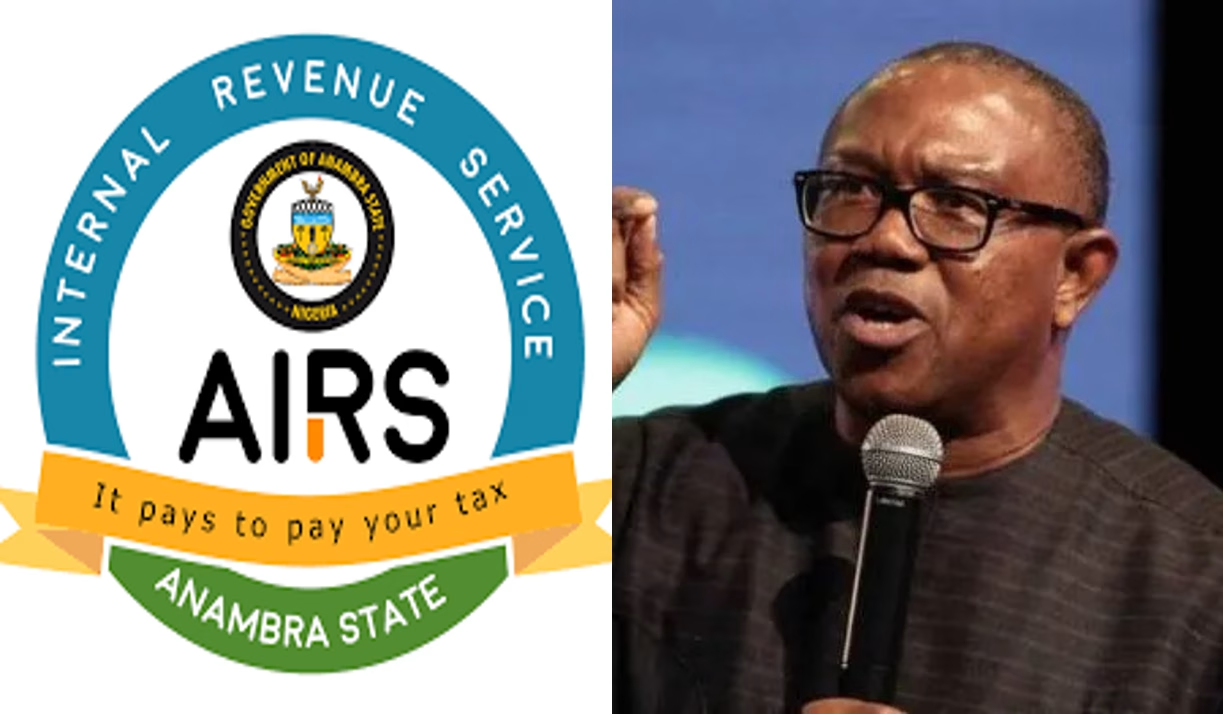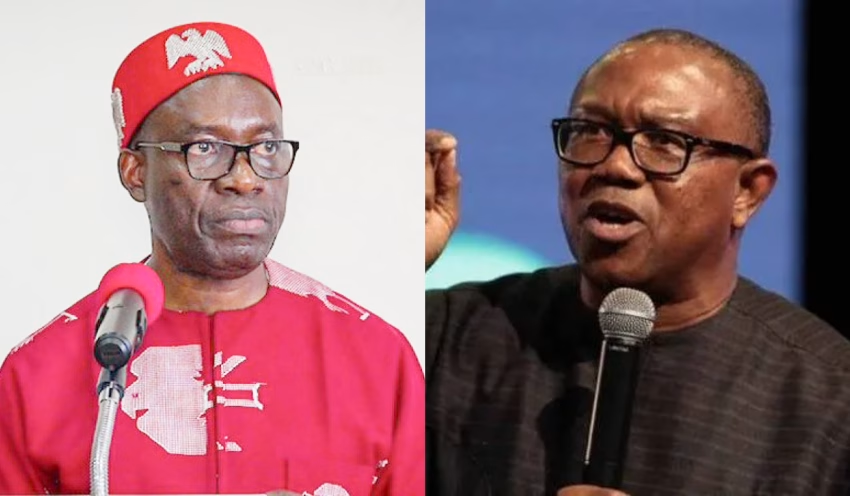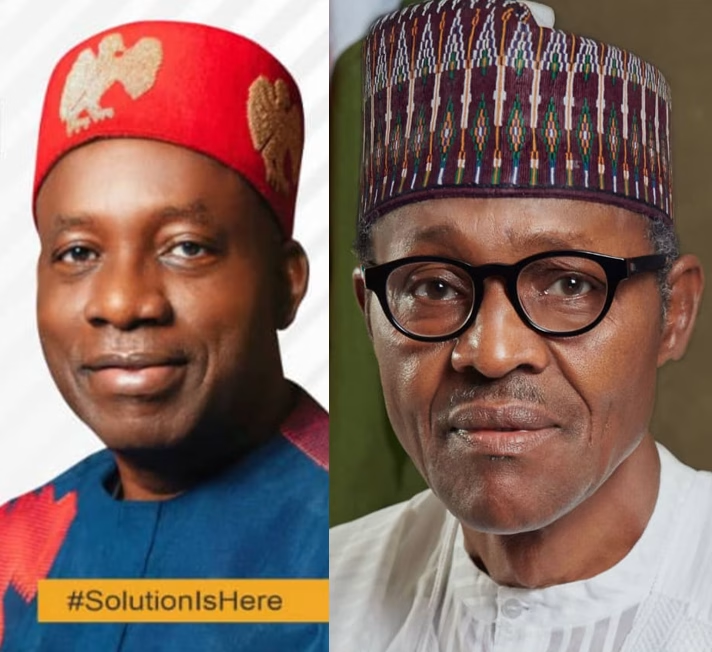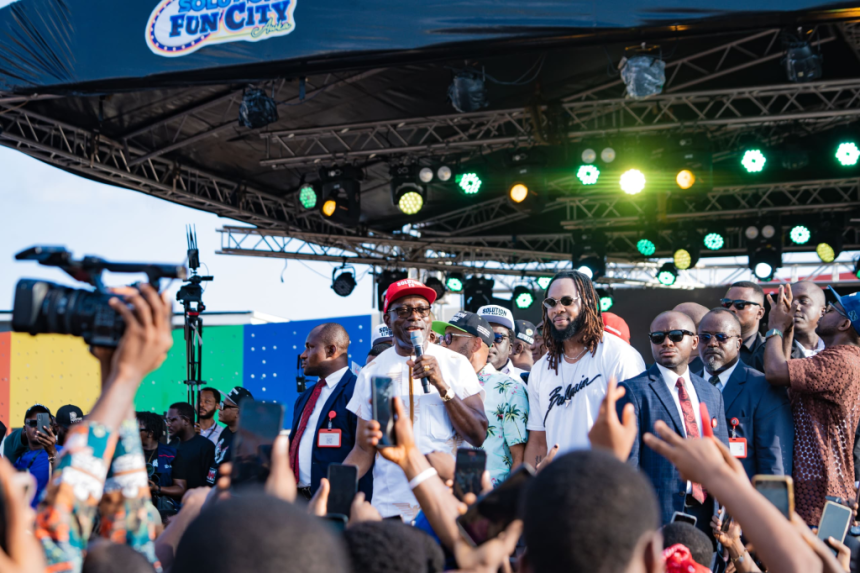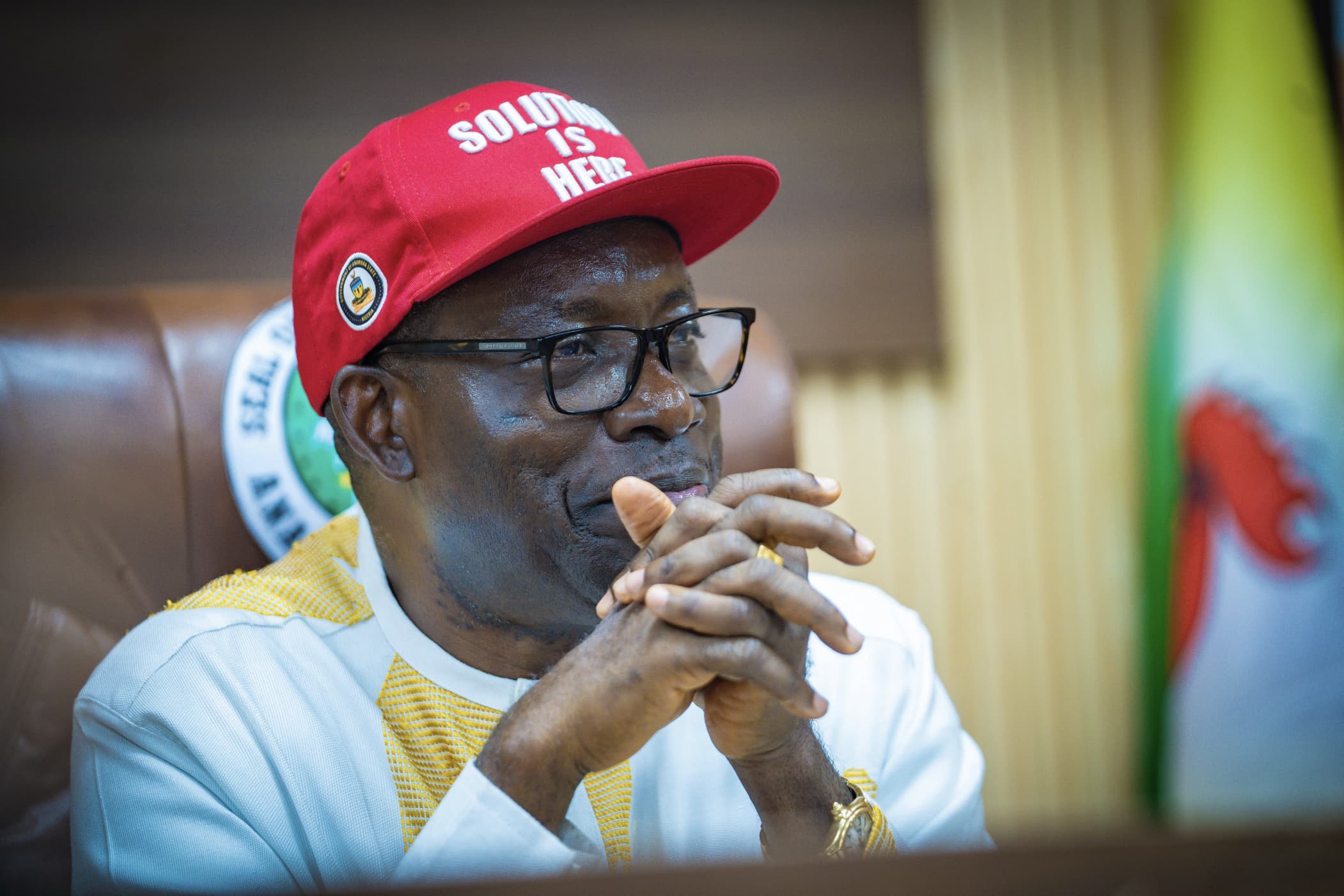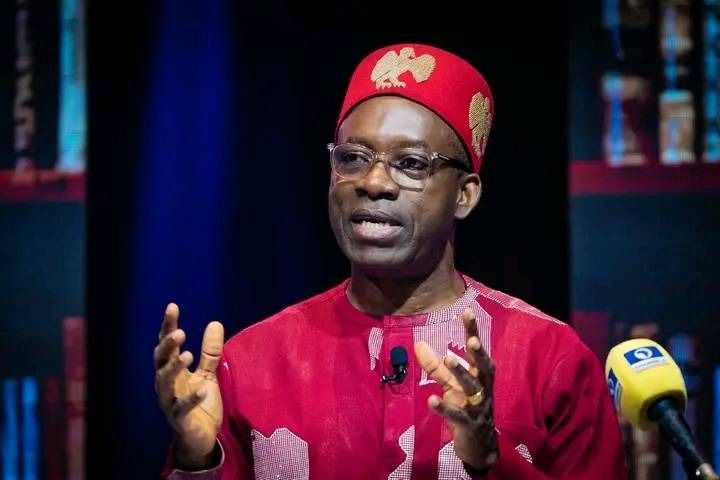The English Premier League celebrated its 30th anniversary on Monday, marking three decades that has seen English club football transformed into the world’s leading sports entertainment product.
In 1992, the top clubs broke with 104 years of tradition by splitting from the Football League and controversially creating a ‘super league’ which would keep its own income rather than sharing it with the clubs across all four divisions of the professional game.
The move only became a reality because it was backed by the governing Football Association — a decision that was viewed as a betrayal by many of the smaller teams — and by domestic television companies viewed with suspicion by skeptical fans.
Rupert Murdoch’s Sky Television then secured the rights and set about heavily promoting the league which since its inception has been driven by broadcast revenues.
The American style approach, evident in mimicking the NFL’s ‘Monday Night Football’, pushed the popularity of the national sport to new levels but at first some baulked at the razzmatazz.
“I don’t think we all realized quite what the Premier League was going to become 30 years ago,” said Teddy Sheringham who scored the first televised goal in the league for Nottingham Forest against Liverpool.
“It was a new thing and exciting times. There were dancing girls on a Monday night and it was all fan-dabby-dozy,” he added.
In time though, the TV income allowed clubs to attract top players from around the world which in turn drove interest abroad.
There were only 13 players from outside the British Isles on the opening weekend of the first Premier League season in 1992 but in the 30 years that followed players from 120 countries have featured in the league with 63 nationalities represented last season.
Now broadcast to 800 million homes in 188 countries with 90 broadcasters and more than 400 channels showing games, the Premier League and its clubs count almost a billion followers on social media.
This year, for the first time, the league will generate more revenue from foreign television deals than the established domestic market.
When all deals are concluded, the league expects foreign rights sales to generate 5.3 billion pounds ($6.40 billion) over the next three seasons with 5.1 billion raised from UK broadcasters.
Again, big cities in England continue to dominate the league. While 50 clubs have featured in the league, unsurprisingly given its origins, the league has been increasingly dominated by the big city clubs.


